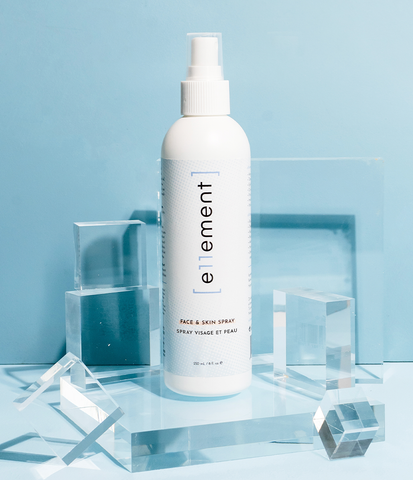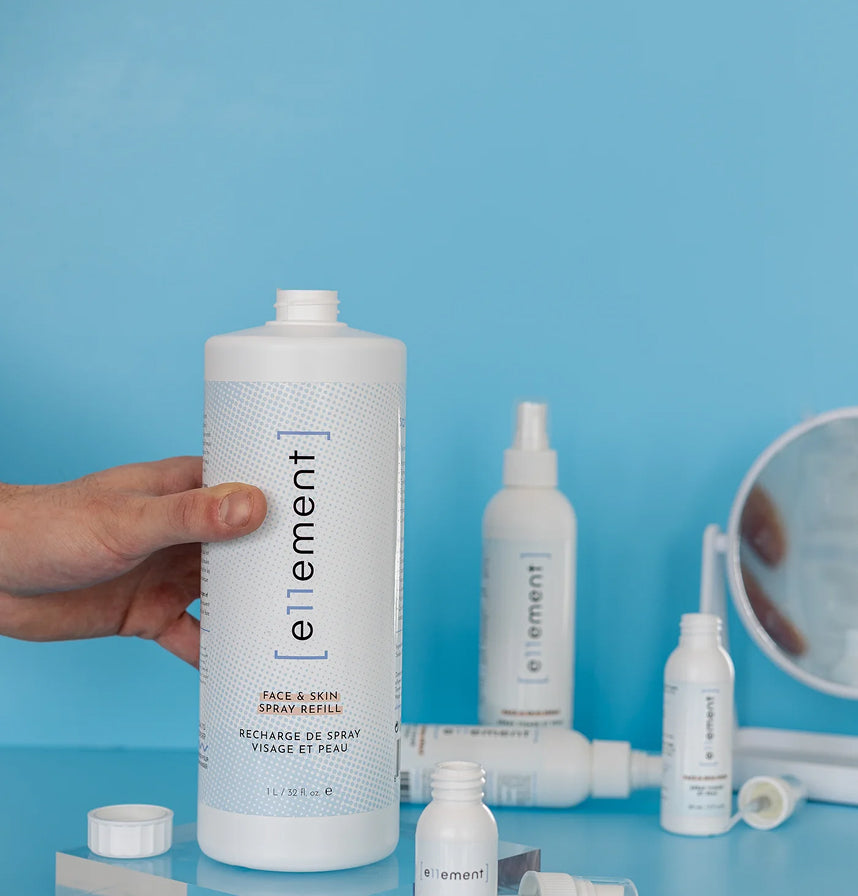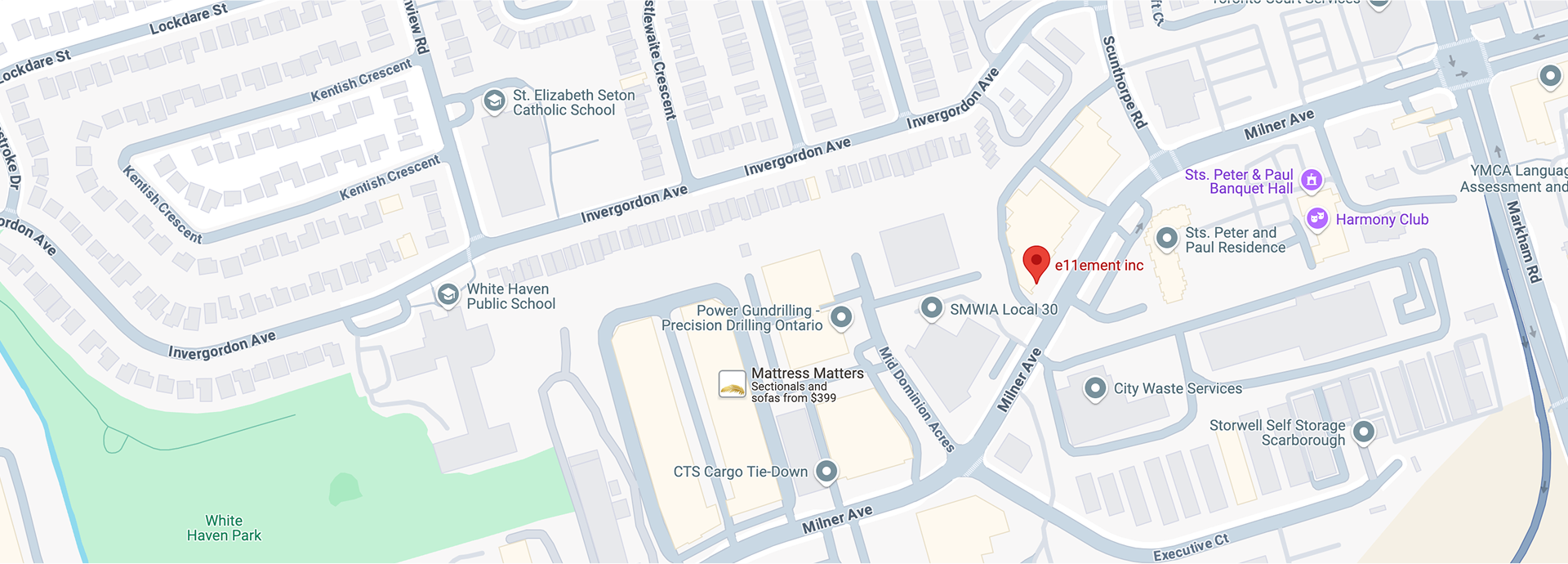In recent years, skincare has moved beyond traditional cleansers and moisturizers, embracing innovative ingredients that promise a wide range of benefits for skin health. Among these, Hypochlorous Acid (HOCl) has gained traction as an effective ingredient in face care. With claims of its antibacterial, anti-inflammatory, and skin-healing properties, Hypochlorous Acid spray is becoming a popular addition to skincare routines. But what exactly is Hypochlorous Acid, and should you be using it on your face?
This article will cover everything you need to know about Hypochlorous Acid, including its potential benefits for your skin, its safety profile, and whether it might be the next essential step in your skincare regimen.

What Is Hypochlorous Acid?
Hypochlorous Acid is a natural substance produced by our bodies as part of the immune response to combat bacteria and viruses. It is created by white blood cells to protect us from infections, and it plays a significant role in our natural defense system. In topical applications, Hypochlorous Acid mimics this response, providing a gentle yet effective way to cleanse the skin without harsh chemicals.
Hypochlorous Acid is generally available in spray form and is gentle enough for most skin types, including sensitive skin. Unlike some skincare ingredients that can be abrasive or lead to irritation, Hypochlorous Acid works with your body’s natural processes to promote healing and reduce the chance of skin irritation.
Why Hypochlorous Acid in Skincare?
Antibacterial and Antimicrobial Properties
One of the key benefits of Hypochlorous Acid in face care is its powerful antibacterial and antimicrobial properties. Because it helps to kill a wide range of bacteria, it can be highly beneficial for those dealing with acne-prone skin. Hypochlorous Acid can reduce bacteria on the skin’s surface without causing dryness or disrupting the skin's natural pH balance. This means it can effectively cleanse and refresh the skin, helping to keep it free from contaminants that may clog pores and lead to breakouts.
Anti-Inflammatory Benefits
In addition to fighting bacteria, Hypochlorous Acid is known for its anti-inflammatory effects. It can soothe redness, swelling, and irritation, which makes it an appealing option for individuals with sensitive or reactive skin. When applied to the skin, Hypochlorous Acid spray may help to reduce symptoms associated with conditions like eczema, rosacea, and other inflammatory skin issues. Many users find that it not only helps clear up blemishes but also reduces the likelihood of skin irritation.
Promotes Skin Healing
Another benefit of Hypochlorous Acid is its ability to accelerate the skin's natural healing process. This can be particularly useful for those recovering from minor skin injuries or dealing with blemishes left behind after an acne breakout. Hypochlorous Acid promotes wound healing by encouraging cell regeneration, helping to restore the skin’s barrier and maintain its overall health. Due to this, some dermatologists recommend Hypochlorous Acid for individuals with skin sensitivity, compromised skin barriers, or post-procedural care.
How to Use Hypochlorous Acid Spray in Your Routine
Incorporating Hypochlorous Acid into Your Routine
Hypochlorous Acid spray is easy to incorporate into your skincare routine. To maximize its benefits, consider applying it right after cleansing your face but before other treatments, such as serums and moisturizers. Simply spritz the Hypochlorous Acid spray on your face, let it dry naturally, and follow with the rest of your skincare products.
For Acne-Prone Skin
If you’re battling acne, Hypochlorous Acid can be an effective tool to add to your routine. Using it daily can help decrease bacterial buildup on your skin, lowering the risk of breakouts. It’s also gentle enough to use more frequently if needed, especially after activities that may expose your skin to bacteria, like exercise.
For Sensitive Skin Types
Hypochlorous Acid spray is generally suitable for sensitive skin types. However, if you have extremely sensitive skin, start with a patch test. This will ensure that your skin doesn’t react negatively to the product. Once you know it’s safe for your skin, it can be applied as part of both your morning and evening routines for optimal benefits.
Post-Procedure Use
Hypochlorous Acid is increasingly used in dermatology clinics as a post-procedure treatment. Because of its skin-calming and healing properties, it can be a beneficial step in post-procedural care for treatments such as chemical peels, laser treatments, or microneedling. Applying Hypochlorous Acid after these procedures can reduce redness and inflammation, promoting faster recovery.
Is Hypochlorous Acid Safe for Daily Use?
Hypochlorous Acid is considered safe for daily use. The compound itself is non-toxic and non-irritating, which makes it a safer choice compared to some stronger, alcohol-based skincare products. However, while most people tolerate Hypochlorous Acid well, it's always wise to consult with a dermatologist if you have specific skin conditions or allergies that might react to a new ingredient.
For those looking to avoid synthetic ingredients, Hypochlorous Acid can also be an appealing choice, as it is essentially a naturally occurring compound produced by the body. Given its compatibility with our biology, Hypochlorous Acid is unlikely to cause the kind of harsh reactions sometimes associated with synthetic antibacterial ingredients.
Potential Drawbacks of Hypochlorous Acid in Skincare
Though generally safe, Hypochlorous Acid does have a few considerations to keep in mind. It can degrade over time when exposed to light, air, or heat, reducing its efficacy. To maintain potency, store the spray in a cool, dark place and ensure the container is sealed tightly when not in use. Also, while it is generally safe for regular use, those with very sensitive skin should consult a dermatologist if they experience any signs of irritation.
Choosing the Right Hypochlorous Acid Product
When selecting a Hypochlorous Acid spray, look for products that are specifically formulated for face care. Some sprays are designed for wound care or general disinfection, and these may have different concentrations or added ingredients that could be too strong for facial use. Hypochlorous Acid face sprays are often labeled as "skincare grade" or "dermatologist recommended."
Hypochlorous Acid and Other Skincare Ingredients
Hypochlorous Acid can typically be combined with other skincare products. However, it is best used on clean, dry skin, allowing it to penetrate fully before applying any additional treatments. Because it has a neutral pH, it usually doesn’t interfere with other products, making it a versatile option for a wide range of skincare routines.
Who Should Consider Hypochlorous Acid in Their Skincare?
Hypochlorous Acid can be a beneficial addition to almost any skincare routine, especially for those who struggle with sensitive skin, redness, or acne. It offers antibacterial, anti-inflammatory, and healing benefits in a gentle, non-irritating formulation. Hypochlorous Acid spray may be especially helpful for individuals looking for a mild, effective way to cleanse and protect their skin without introducing harsh chemicals or synthetic ingredients.
Those who have undergone skin treatments, have recurring skin irritations, or frequently deal with environmental stressors like pollution may also find Hypochlorous Acid a useful tool in maintaining skin health.
In summary, Hypochlorous Acid is a compelling addition to modern face care routines. With its antibacterial, anti-inflammatory, and healing properties, it serves as a gentle yet powerful solution for a range of skin concerns. Though it may not be the most conventional ingredient, Hypochlorous Acid’s compatibility with our natural biology makes it a promising option in the skincare world. Whether you’re looking to prevent breakouts, soothe sensitive skin, or simply support your skin’s health, Hypochlorous Acid spray could be worth considering as a new staple in your regimen.























